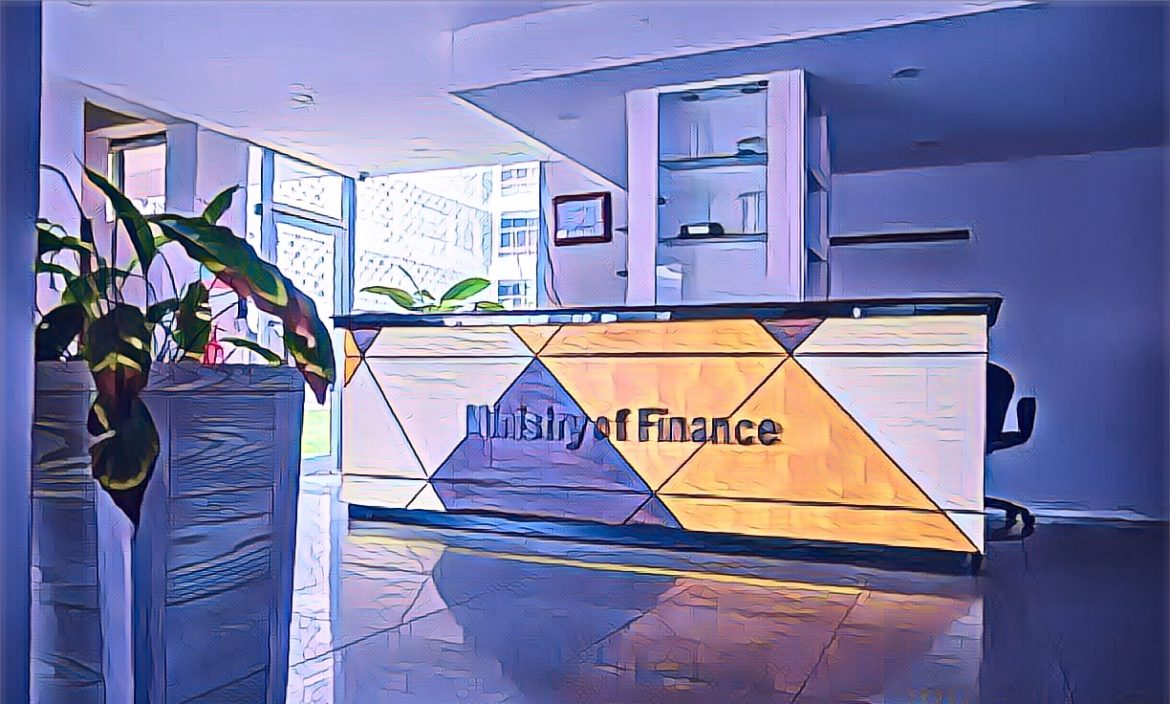The Finance Ministry of Ghana has clarified that the country’s three-year arrangement with the International Monetary Fund (IMF) under the Extended Credit Facility (ECF) program will not be jeopardized by the passage of the anti-LGBTQ+ bill by parliament last week.
Finance Ministry Clarifies IMF-ECF Program Terms
The bill, which imposes harsh penalties for anyone who identifies as or supports LGBTQ+ rights, has drawn widespread criticism from human rights groups, foreign governments, and development partners. Some have warned that Ghana could lose millions of dollars in aid and loans if the bill becomes law.
However, the Finance Ministry said in a paper sent to President Nana Akufo-Addo that there is no direct conditionality in the IMF-ECF program related to the bill. The ministry added that the program is based on the government’s Post COVID-19 Program for Economic Growth (PC-PEG), which aims to restore macroeconomic stability and debt sustainability and includes wide-ranging reforms to build resilience and lay the foundation for stronger and more inclusive growth.
The ministry cautioned, however, that the non-disbursement of budget support from the World Bank, which is aligned with the IMF-ECF program, could derail the arrangement and put Ghana at risk of losing out on $720 million that would have been disbursed after the second and third reviews.
They also warned that the passage of the bill could trigger a market reaction that would affect the stability of the exchange rate and the cost of borrowing.
The IMF-ECF program, which was approved by the IMF Executive Board in May 2023, provides Ghana with about $3 billion over 36 months to support its economic recovery from the shocks of the COVID-19 pandemic, the Russia-Ukraine war, and the global monetary policy tightening.
President Akufo-Addo Calls for Dialogue and Tolerance
The program also requires Ghana to undertake a comprehensive debt restructuring to address its high public debt and financing constraints. The government has already completed a domestic debt voluntary exchange and is in the process of negotiating with its external creditors, both official and commercial.
President Akufo-Addo has not yet signed the anti-LGBTQ+ bill into law and has said he will do so if the majority of Ghanaians want him to. He has also urged dialogue and tolerance on the issue, saying that Ghana is a sovereign nation that respects human rights and the rule of law.
Many Ghanaians, especially religious and traditional leaders, have expressed support for the bill, saying that LGBTQ+ rights are alien to the Ghanaian culture and family value system. However, some civil society groups, celebrities, and activists have opposed the bill, calling it discriminatory, unconstitutional, and harmful to the country’s development.
The bill is currently under review by a parliamentary committee before it is sent to the president for assent or veto.
Source: Modern Ghana





2 comments
Thank you for your sharing. I am worried that I lack creative ideas. It is your article that makes me full of hope. Thank you. But, I have a question, can you help me?
Your article helped me a lot, is there any more related content? Thanks! https://accounts.binance.info/fr-AF/register?ref=JHQQKNKN